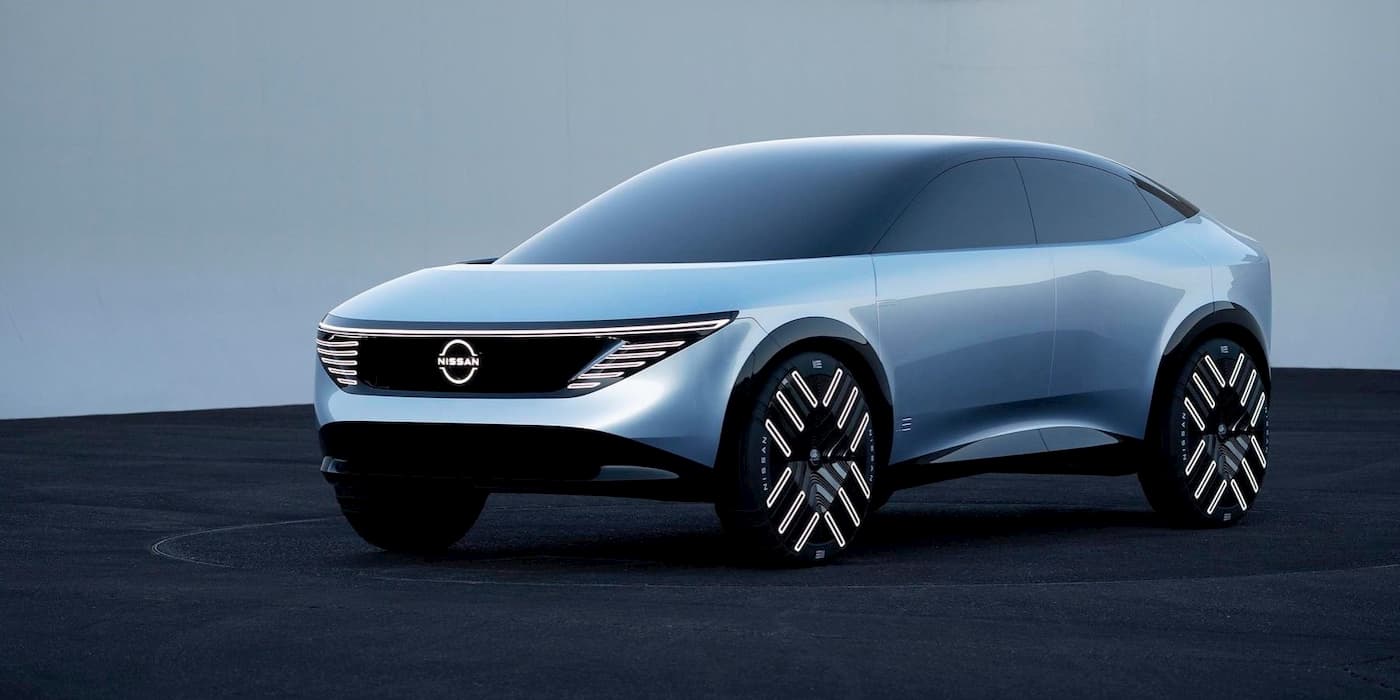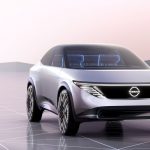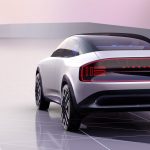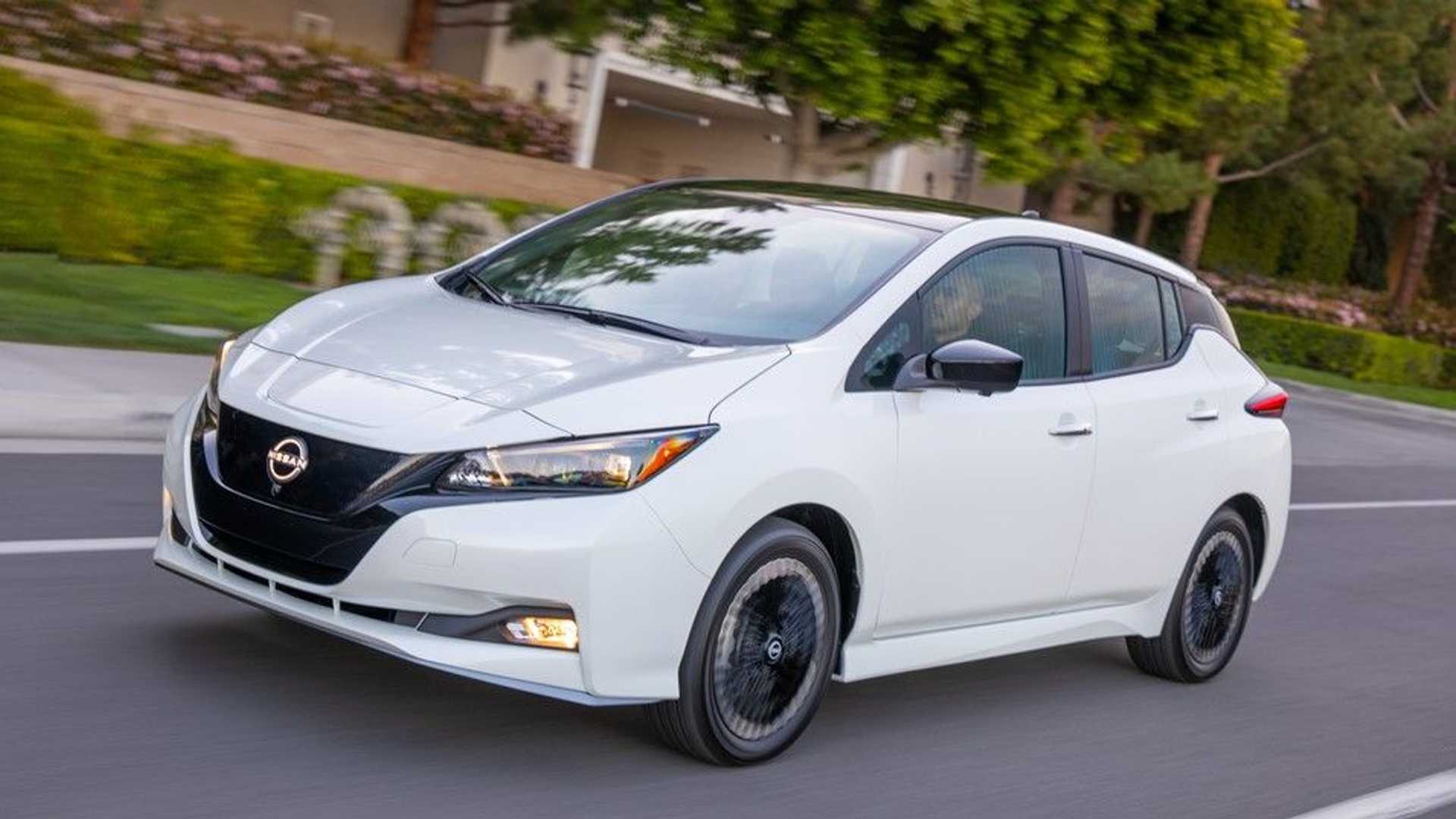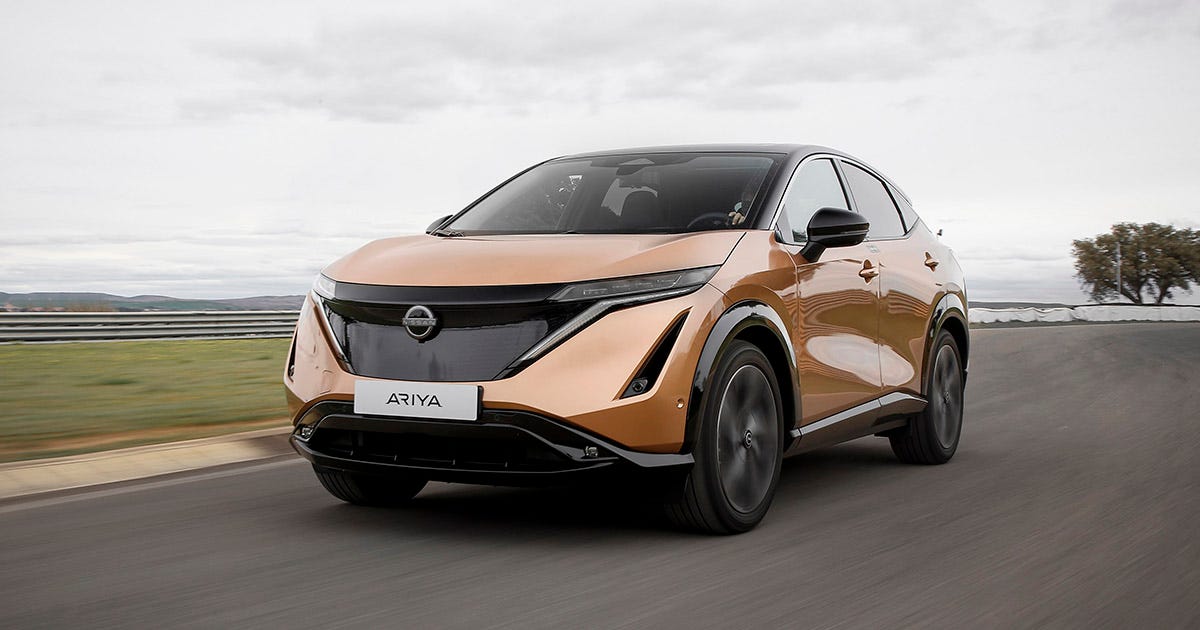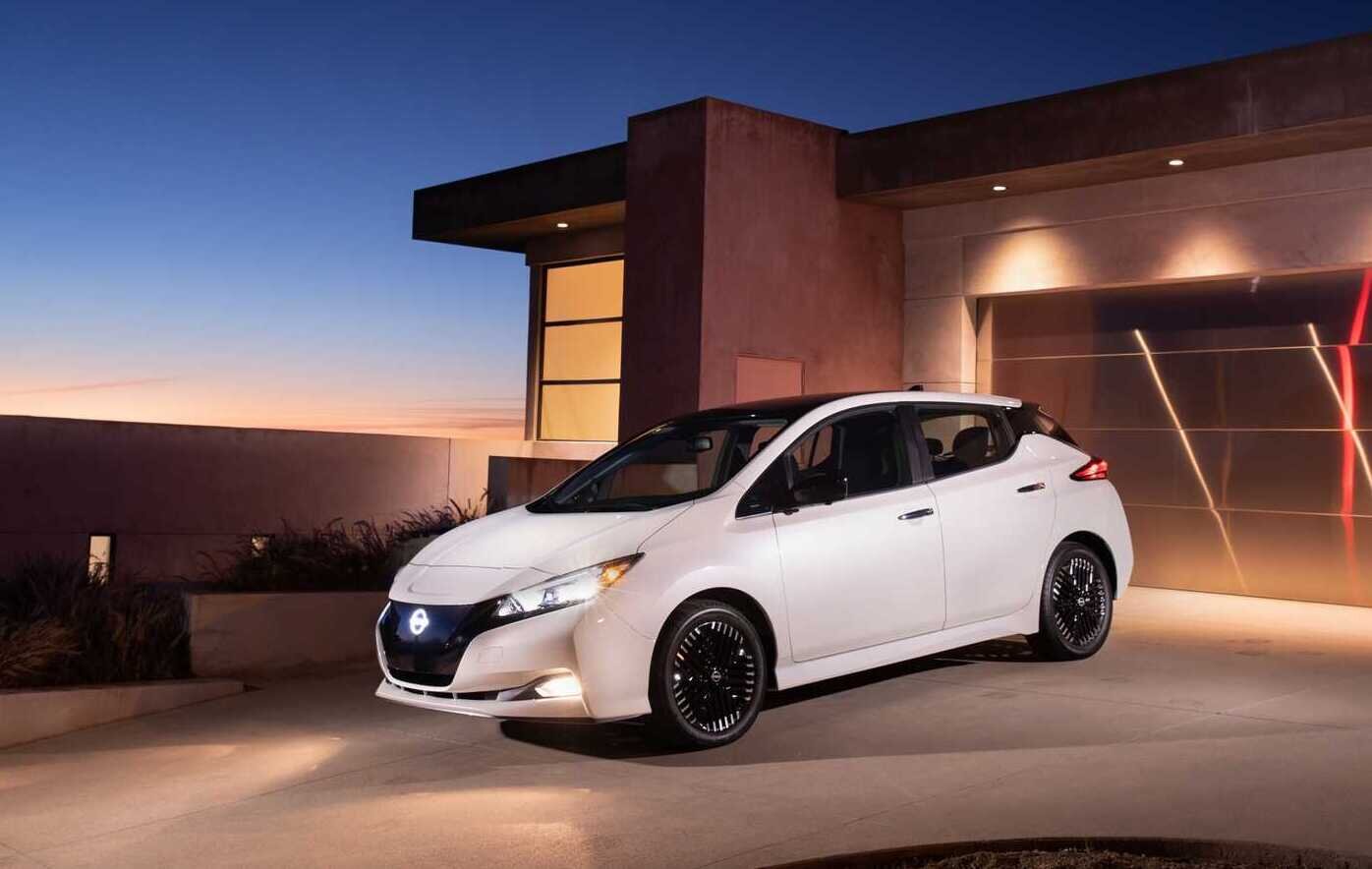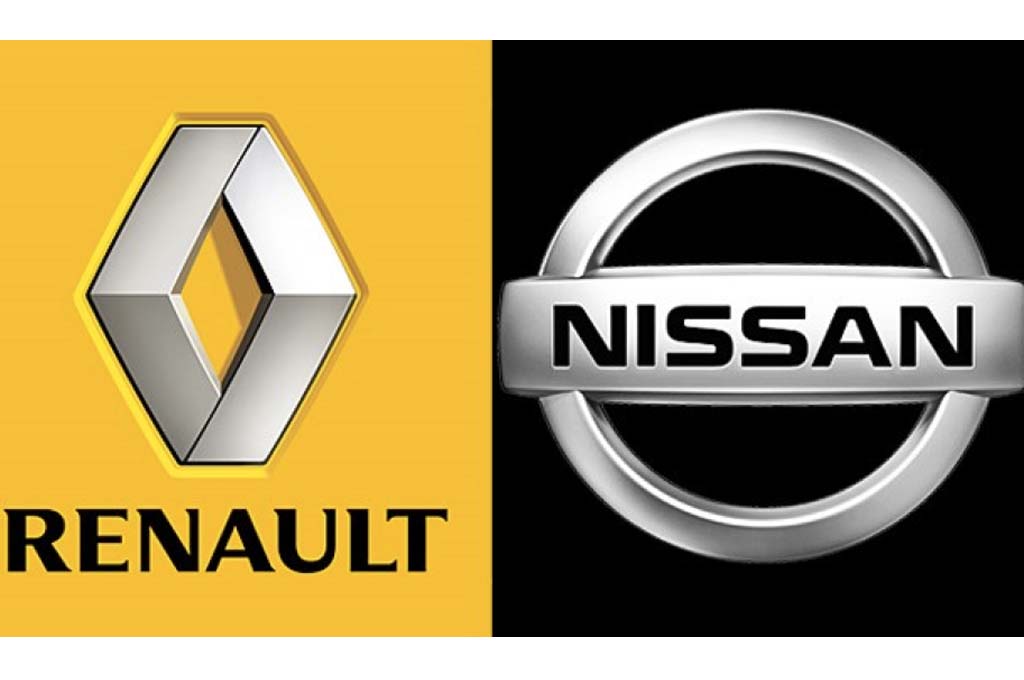Nissan is bidding farewell to its pioneering small EV that kickstarted its electric car journey. While the LEAF electric car is being phased out, Nissan has plans to introduce its successor in 2026.
Once upon a time, the Nissan LEAF held the title of being a top-selling electric vehicle. When the electric compact car was launched in 2010, it quickly gained popularity as the first mass-market EV in the US, beating the Tesla Model S by 18 months. With its comfortable interior, decent range, and attractive price, the LEAF became a favorite among consumers.
However, over the past decade, almost every automaker, from startups to established brands, has released their own electric cars with more advanced features, improved designs, and longer ranges.
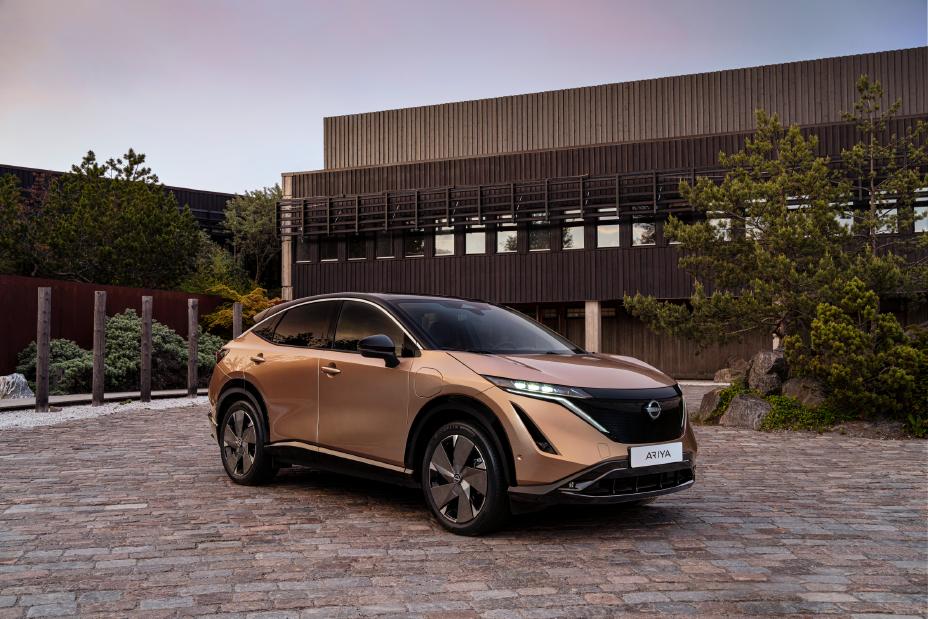
As a result, the LEAF has faced a decline in sales over the years. Reports suggest that Nissan will not be introducing a next-generation LEAF model.
Instead, Nissan is gearing up to produce a more modern EV that caters to the preferences of today’s buyers. Although Nissan has released another mass-market EV, the Ariya, it was never intended to be a direct replacement for the LEAF.
There are speculations that Nissan might replace the LEAF with a coupe-like crossover, similar to the “Chill-Out” concept unveiled by the automaker in 2021. This concept showcased a “sleek and modern” design, although the production version is expected to be less futuristic.
Regarding the name of the successor, Nissan executives are divided. According to Ed Kim, President of AutoPacific, the LEAF holds little significance for EV shoppers nowadays.
In its submission to the UK government committee on battery manufacturing, Nissan revealed that the LEAF successor is scheduled for production in 2026. Nissan’s Sunderland factory in the UK will commence production of the new model, as the company aims for the majority of its output to be EVs by 2028. Nissan is expected to collaborate with Envision AESC for the supply of batteries from their upcoming battery factory.
By 2024, the factory is projected to have a capacity of 11 GWh, which can potentially expand to 30 GWh. Nissan’s submission stated that the supplied “Gen 5” battery cells will enhance energy density by 30% compared to the current LEAF model.
The LEAF successor will likely be based on the CMF-EV platform, which is part of the Renault-Nissan-Mitsubishi alliance. This platform is already utilized for the Nissan Ariya.
It appears that Nissan intends to go bigger with the LEAF successor. With the growing popularity of larger electric crossovers and SUVs, automakers are in a race to introduce larger-sized EVs, even at the expense of efficiency.
General Motors (GM) is also discontinuing its smallest and most affordable EV, the Bolt EV and EUV. While GM’s decision is driven by its shift towards an all-Ultium-based lineup, it will create a noticeable void in the market for inexpensive, compact EVs.
Considering the demand for smaller and more efficient models, it would be somewhat disappointing if Nissan increases the size of the LEAF’s replacement.

